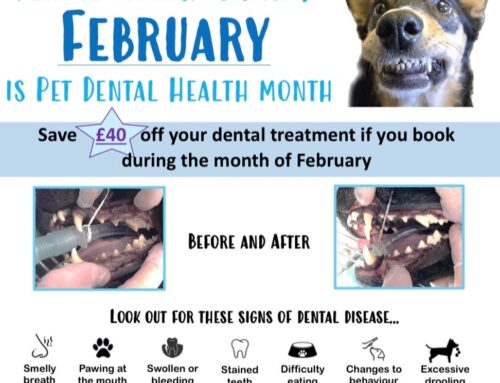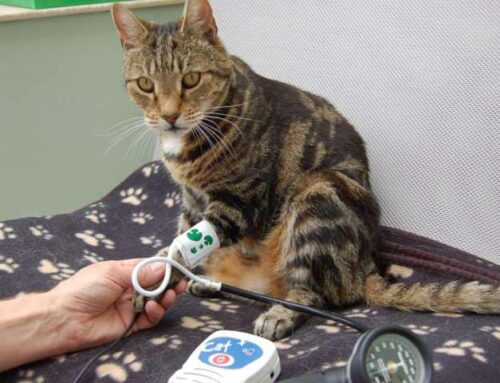Chocolate might be a delicious treat for humans, but it’s one of the most dangerous foods for dogs. If your dog eats chocolate, knowing the signs and what steps to take can be life-saving.
Why Is Chocolate Toxic to Dogs?
Chocolate contains substances called theobromine and caffeine, which are both stimulants. Dogs metabolize these much slower than humans, making even a small amount toxic. Dark chocolate, baking chocolate, and cocoa powder contain the highest levels of theobromine, so they pose the greatest risk. Milk chocolate is less concentrated but can still be harmful in larger amounts.
What Are the Symptoms of Chocolate Poisoning?
If a dog ingests chocolate, symptoms usually appear within 6 to 12 hours, though they can appear sooner. Symptoms to watch for include:
- Vomiting or diarrhoea
- Rapid breathing or panting
- Increased heart rate
- Restlessness or hyperactivity
- Muscle tremors
- Seizures (in severe cases)
The severity of symptoms depends on the type and amount of chocolate eaten and the size of your dog. For example, a small dog eating even a small amount of dark chocolate is at higher risk than a larger dog eating milk chocolate.
What Should I Do If My Dog Eats Chocolate?
If you suspect your dog has eaten chocolate, it’s best to act quickly:
- Call your veterinarian right away. If it’s after hours, contact an emergency animal clinic.
- Try to determine how much chocolate was eaten and what type, as well as your dog’s weight. This will help the vet assess the level of risk and decide on the best course of action.
In mild cases, the vet may advise you to monitor your dog at home, but in more serious cases, they might recommend inducing vomiting, administering activated charcoal to absorb toxins, or providing supportive treatments like IV fluids and medication to control symptoms.
How to Prevent Chocolate Poisoning
To keep your dog safe, store chocolate and chocolate-containing products well out of reach, and remind family and guests not to share any treats. If you’re planning to bake with chocolate, be extra vigilant, as dogs can be surprisingly quick to snatch unattended ingredients.
A Safe Home for a Happy Dog
By understanding the risks and acting quickly if an accident occurs, you can protect your furry friend from chocolate poisoning. Prevention is key, but in an emergency, prompt veterinary help can make all the difference.




